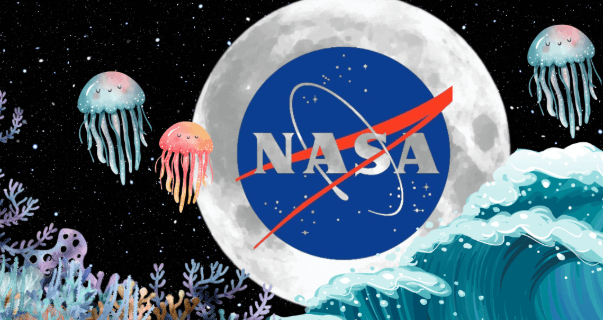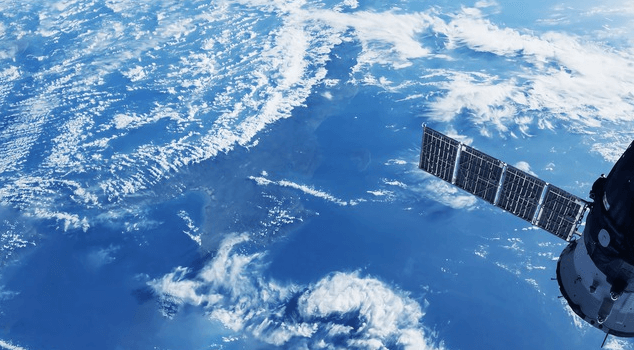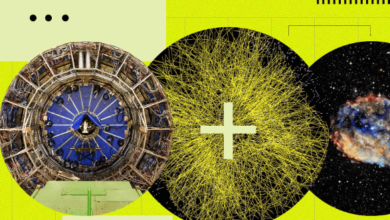Why Nasa Stopped Exploring the Ocean

NASA’s decision to step back from ocean exploration raises critical questions about the interplay of funding priorities and technological limitations. Historically, the agency has made significant contributions to our understanding of marine environments; however, Why Nasa Stopped Exploring the Oceanrecent shifts have redirected resources towards space initiatives. This transition not only reflects budgetary constraints but also highlights the formidable challenges posed by deep-sea exploration technologies. As we consider the implications of this strategic pivot, the impact on marine research and biodiversity warrants further examination. What might this mean for our understanding of Earth’s oceans?
Historical Context of Ocean Exploration
The history of ocean exploration spans centuries, with key milestones marking humanity’s quest to understand the depths of Earth’s oceans.
Ancient navigation techniques paved the way for early explorers, Why Nasa Stopped Exploring the Oceanwhile underwater archaeology has unveiled the mysteries of submerged civilizations.
Read also Nfl Ban Taylor Swift
These endeavors reflect a fundamental human desire for freedom and knowledge, driving advancements in maritime technology and fostering a deeper connection to our planet’s vast aquatic realms.
Shift in Funding Priorities
In recent decades, a notable shift in funding priorities has significantly impacted NASA’s ocean exploration initiatives.
As budget constraints tightened, funding allocations increasingly favored space exploration over oceanic research.
This reallocation of resources has limited NASA’s ability to pursue critical ocean studies, reflecting a broader trend where terrestrial and marine environments receive less attention, ultimately jeopardizing our understanding of Earth’s aquatic ecosystems.

Technological Challenges Faced
Amidst the pressing need for oceanic exploration, NASA has encountered significant technological challenges that have hindered its efforts in this domain.
The integration of robotic innovations and deep sea sensors has proven complexWhy Nasa Stopped Exploring the Ocean, as existing technologies often struggle to withstand extreme pressures and corrosive environments.
These limitations have restricted the agency’s ability to conduct extensive and effective explorations of the ocean’s depths, curbing potential advancements.
Impact on Marine Research
Oceanic exploration has long been a cornerstone of marine research, providing crucial insights into biodiversity, ecosystem health, and climate change.
The cessation of NASA’s ocean initiatives has significantly impacted our understanding of marine biodiversity and hindered efforts in ocean conservation.
Read also Nexium Kidney Failure Lawsuit
Without these explorations, vital data remains uncollected,Why Nasa Stopped Exploring the Ocean limiting our ability to address pressing environmental challenges and effectively protect marine ecosystems.
Conclusion
In the grand tapestry of scientific inquiry, the threads of ocean exploration have frayed as funding priorities pivot toward the cosmos. The depths of Earth’s oceans, once teeming with potential discoveries, now remain shrouded in mystery due to technological limitations and financial constraints. As space endeavors capture the limelight, the silent cries of the deep sea echo, highlighting the urgent need for renewed investment in marine research to unveil the secrets of a world that remains largely unexplored.







